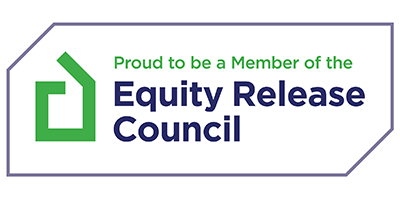Pros and cons of equity release
Equity release can turn your home into a source of retirement income if you're aged 55 and over, but there are pros and cons of releasing equity. It's important to understand the positives and the downsides, so you can make an informed decision on whether to proceed.
We've outlined the main advantages and disadvantages of lifetime mortgages (a type of equity release) to help you decide whether this option could be right for you.
Pros of equity release
Cons of equity release
To take out equity release you'll need to speak with a qualified equity release adviser. They'll talk you through your options, listen to any concerns you may have about releasing equity, and will help you to find the right solution for your circumstances.
Have an initial, no obligation chat with one of our friendly, specialist advisers for free.
If you decide to go ahead, OneFamily Advice charge a single advice fee of £950 on completion - no matter the size of your loan.

Have a free chat today
Request a call back or call us on 0800 144 8244*
*Lines are open Monday to Friday 9am to 5.30pm and Saturday 10am to 2pm. Calls may be recorded and monitored for training purposes. Calls to freephone numbers are free from UK landlines and personal mobile phones. With business mobiles the cost will depend on your phone provider. If you'd like to know more, please ask your provider.
DO NOT DELETE

Try our equity release calculator
See how much equity you could release by entering your details below.
Maximum loan amount:
By providing your details you are giving us consent to contact you with equity release information. Read the OneFamily Privacy Notice.
Important: The loan amounts above are an illustration of the amount you could borrow. The actual amount may vary depending on your individual circumstances. The figures are not guaranteed and do not constitute an offer to lend. The loan amount will need to pay off any existing mortgage secured against the same property.
We're members of the Equity Release Council
All our advisers are members of the Equity Release Council and following strict guidelines, so you will be in safe hands. We will never suggest equity release, unless it’s right for you.
To find out more, please visit their website at www.equityreleasecouncil.com

You may also be interested in:
What is equity release and how does it work?
Equity release can help you turn your property into valuable retirement income...
How long does equity release take?
Equity release is the process of turning equity into cash that you can spend...
Meet the OneFamily Advice team
Get to know the advice team who will guide you through the lifetime mortgage process...
How much does equity release cost?
If you think that equity release might be the right solution for you, you'll need a clearer picture...
